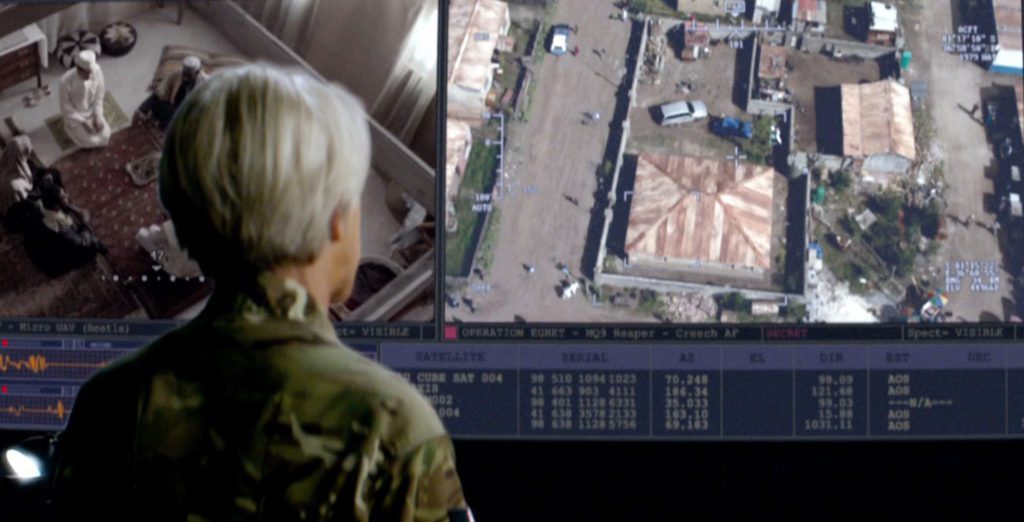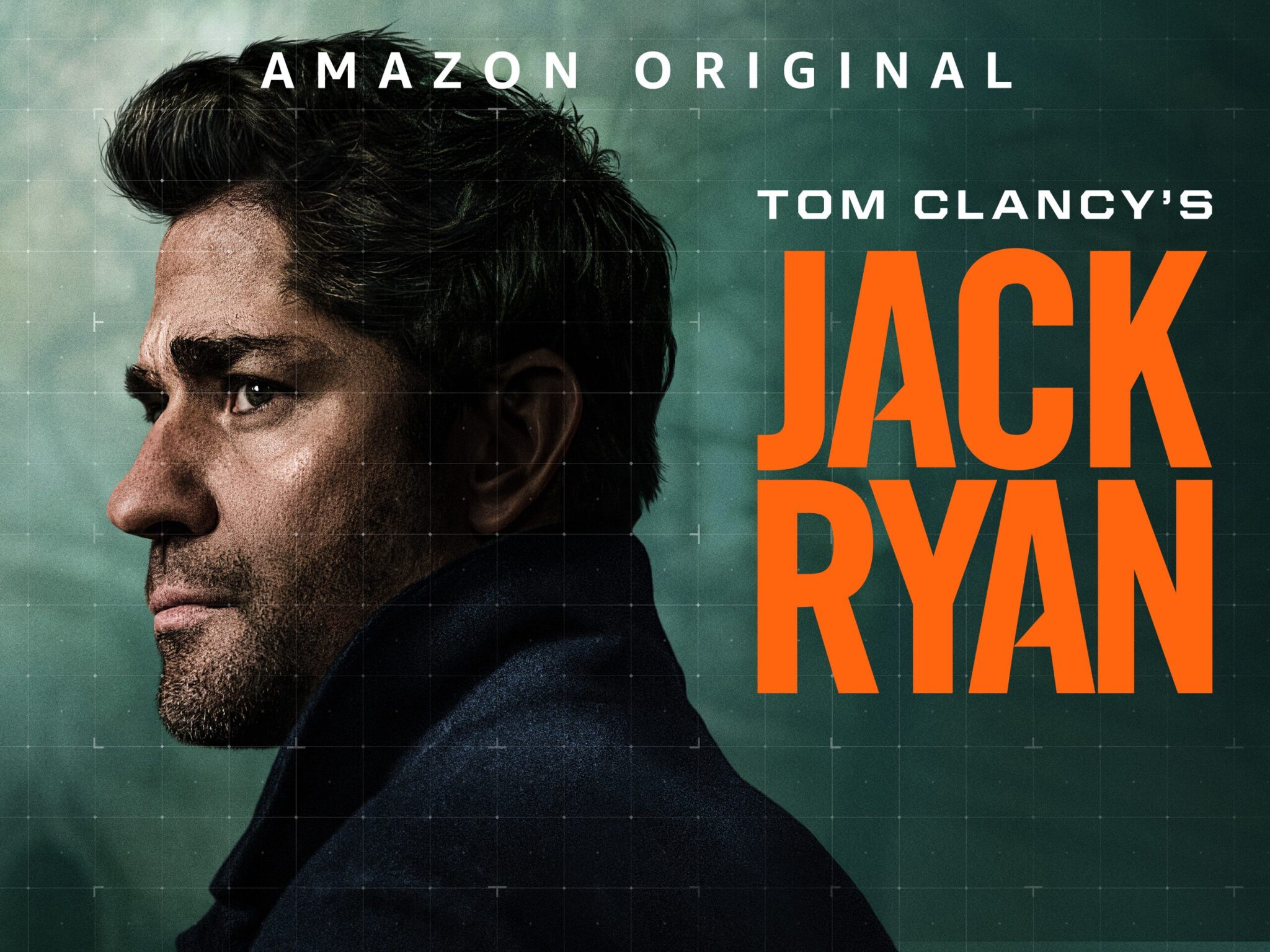Eye in the Sky?lays out a scenario where global governments work together to take out terrorists via drone. In this tense, up-close thriller, Helen Mirren stars as Colonel Katherine Powell whose pursuit of a terrorist may cause her to cross moral lines in the decisions she makes about keeping the world safe. ?What starts out as a ‘capture’ mission turns the discussion toward a kill shot, when various conditions come into play. Will Powell “take the shot” or let the terrorist she’s after get away?
Filling out the drama are 2nd Lieutenant Steve Watts (Aaron Paul), the pilot of the drone in question, Lieutenant General Frank Nelson (Alan Rickman, in his last onscreen role), British Foreign Secretary James Willett (Iain Glen,?Game of Thrones), and Jama Farah (Barkhad Abdi,?Captain Phillips). Together, they will make decisions that dramatically impact the lives of unsuspecting villagers in Nairobi – either by annihilating them or allowing them to go through the rest of their day without incident.
Several things stand out in the context of the film’s storyline. First, it’s amazing how benignly the soldiers carry about their mission with the drone, as if they can’t even begin to imagine how it would all go wrong … until a little girl enters their screen. Second, the bureaucratic snafus of Powell and her superiors in communicating is asinine, but only rings of the story that Michael Bay shares in?13 Hours. Third, the way that Powell deals with statistics to prove what she wants is just… sick. [Case in point: one of her subordinates says he has the risk of collateral damage as low as possible at 65%; she tells him she needs it under 50%, and basically makes him lie. Seriously, fifty percent is okay??]
Too often, we allow our moral decision making to be affected by everything?but?the words of Jesus and the teachings we have passed down through the tradition of the church. Too often, we cite statistics, popular misconceptions, societal influences, or some other unrelated information that makes us feel more comfortable about doing the wrong thing. Should we feel better that we’ve convinced ourselves? I don’t think so. In the end, we need to make sure we’re doing what we should do rather than what we convince ourselves is okay. The outcomes can be disastrous otherwise.







